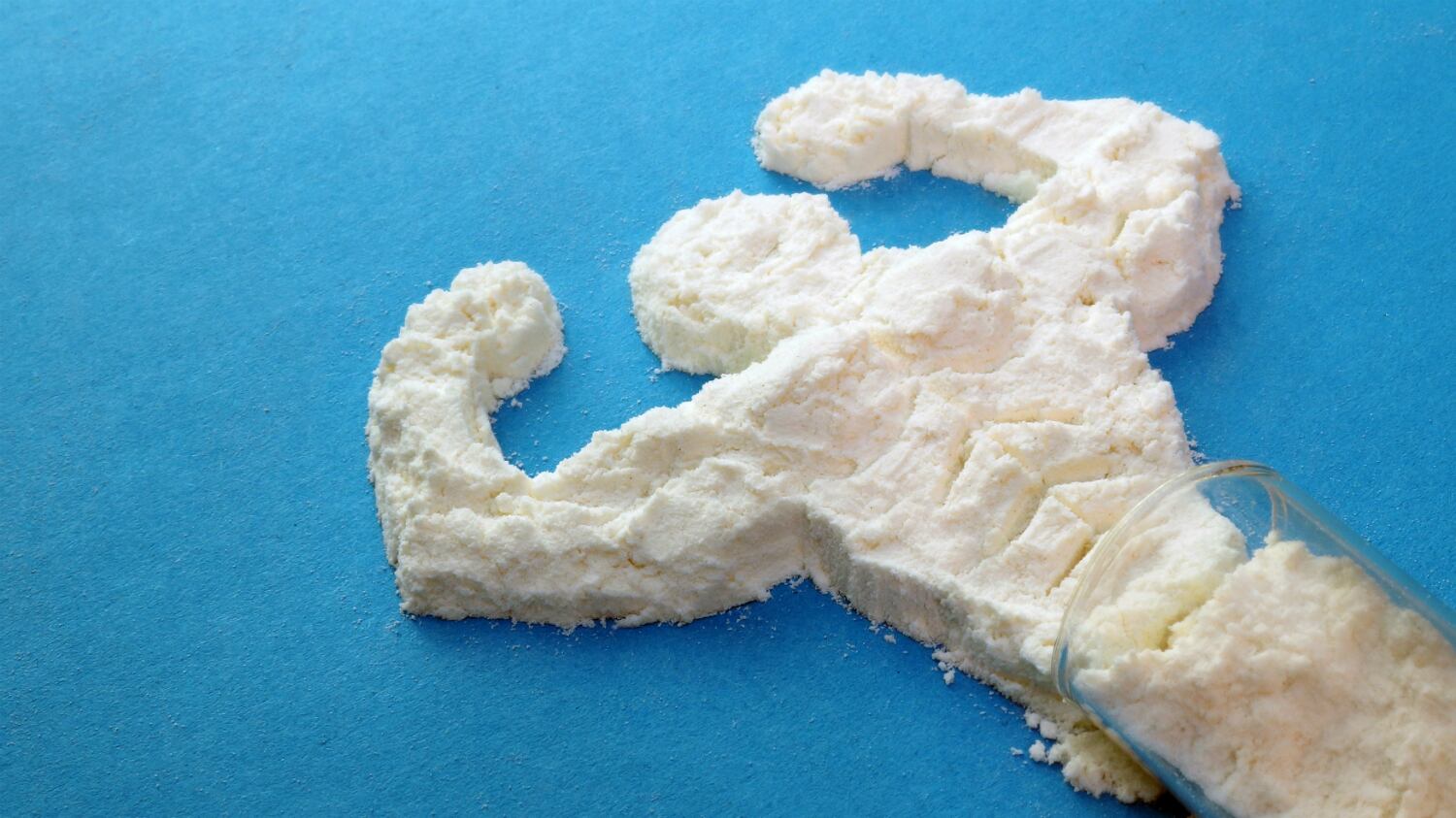Stephen F. Burns, Associate Professor at Singapore's Nanyang Technological University (NTU), is a speaker at the upcoming Vitafoods Asia exhibition in Singapore.
Entitled Sports nutrition — Reviewing the athletic diet, his presentation will cover the key differences between different athletic diets, as well as recommendations for non-athletes who engage in regular weight-training, resistance, and cardio exercises.
He told NutraIngredients-Asia: "Some vitamins and minerals can be useful in certain groups of athletes who may be at higher risk of deficiency in these areas.
"For example, iron and calcium (may be useful) for female athletes in sports of an aesthetic nature such as gymnastics and figure-skating, while protein powders or supplements may be useful for athletes trying to cut weight and maintain muscle mass."
However, he believes that not many supplements are supported by clinical studies for their ergogenic effects.
"The paper representing the position of the Academy of Nutrition and Dietetics, Dietitians of Canada, and the American College of Sports Medicine in 2016, and the paper from the IOC Consensus Statement in 2010 list only five classes of supplements as having sufficient evidence for performance improvements: alkalinising agents —such as sodium bicarbonate — beta-alanine, caffeine, creatine, and nitrate."
Professional versus recreational
Another related topic he will touch on is how someone who exercises recreationally should not necessarily take the same supplements or follow the same diets athletes do.
"Recreational athletes who are competing more seriously in sports events and trying to break personal bests can benefit from some of the supplements used by elite athletes," he said, but added: "One thing to realise is that just because Michael Phelps drinks a sports beverage that's mostly sugar doesn't mean you have to."
He added that certain supplements would not even be recommended by sports nutritionists, such as TCM-based products, as they are typically not tested for contamination or adulteration.

